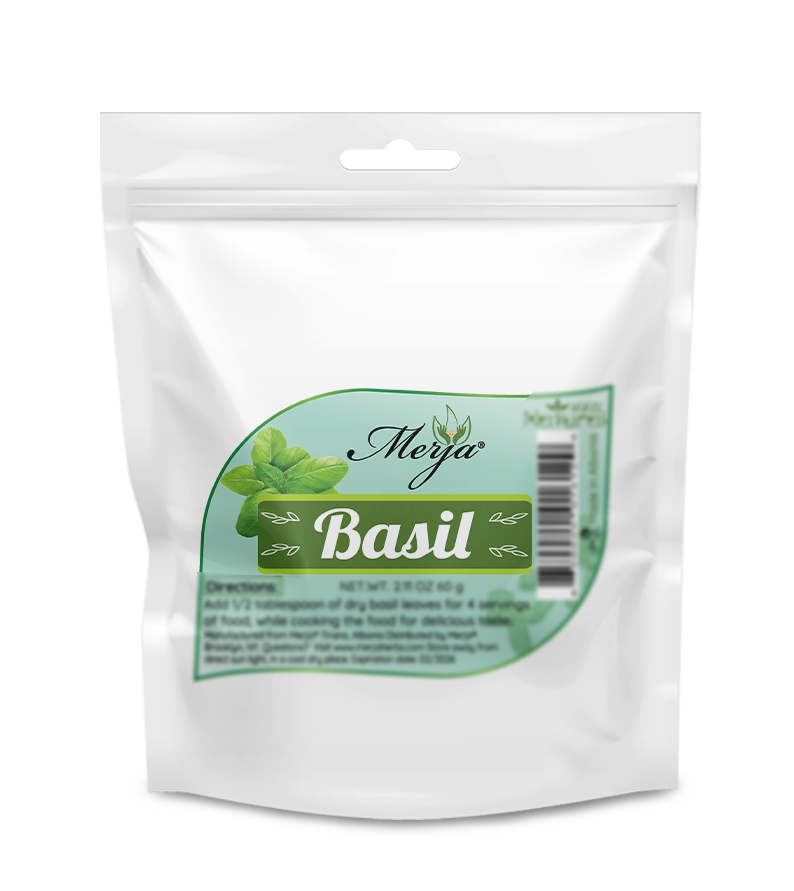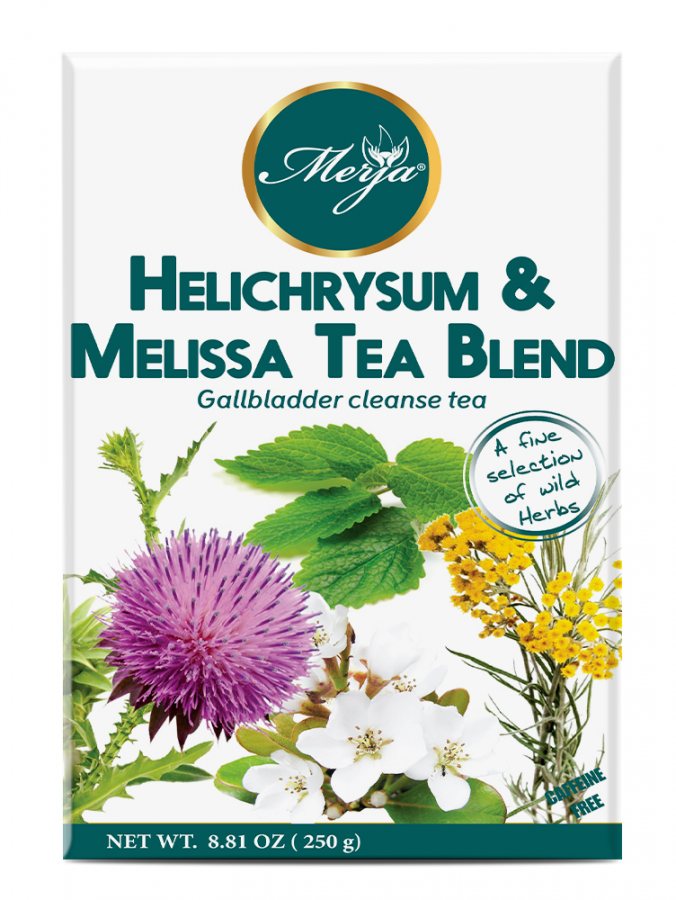
Basil Leaves
$4.99
BASIL LEAVES
Basil Leaves – Tea & Spice Benefits
Basil (Ocimum basilicum) is one of the most treasured herbs in the world, widely recognized for its culinary flavor, healing properties, and aromatic fragrance. Native to Asia and the Mediterranean, basil has been used for centuries as both a delicious spice in cooking and a soothing herbal tea for wellness.
Benefits of Basil Tea
When steeped as a tea, basil leaves release powerful antioxidants, vitamins (A, K, C), and minerals like iron, calcium, and magnesium.
- Supports Digestion – Helps ease bloating, indigestion, and stomach cramps.
- Respiratory Health – May reduce symptoms of cough, asthma, and bronchitis thanks to its natural anti-inflammatory oils.
- Stress Relief & Relaxation – Known in Ayurveda as a calming herb, basil tea helps promote mental clarity and reduce anxiety.
- Immune System Support – Rich in antioxidants and antibacterial compounds, basil tea helps protect against seasonal illnesses.
- Anti-Inflammatory Benefits – Contains eugenol and rosmarinic acid, which may reduce inflammation and discomfort in the body.
How to Make Basil Tea
- In 2 cups of water, add 1 tablespoon of fresh or dried basil leaves.
- Boil for 2 minutes, then steep for 5–7 minutes.
- Strain and serve hot, with lemon or honey if desired.
- Enjoy 1–2 cups daily for wellness benefits.
Basil as a Culinary Spice
Beyond tea, basil leaves are a staple spice in kitchens worldwide.
- Enhances Flavor – Adds a fresh, slightly sweet and peppery flavor to dishes like pasta, salads, soups, sauces, and stews.
- Mediterranean & Asian Cuisine – Commonly used in Italian pesto, tomato sauces, Thai curries, and Mediterranean marinades.
- Nutrient Boost – Adds a natural source of antioxidants, vitamins, and minerals to everyday meals.
Why Choose Basil?
Whether enjoyed as a calming tea or a flavorful spice, basil is a versatile herb that supports wellness, digestion, stress relief, and immune health. It’s the perfect balance of health and taste, making it a must-have in every home.













Make a Review